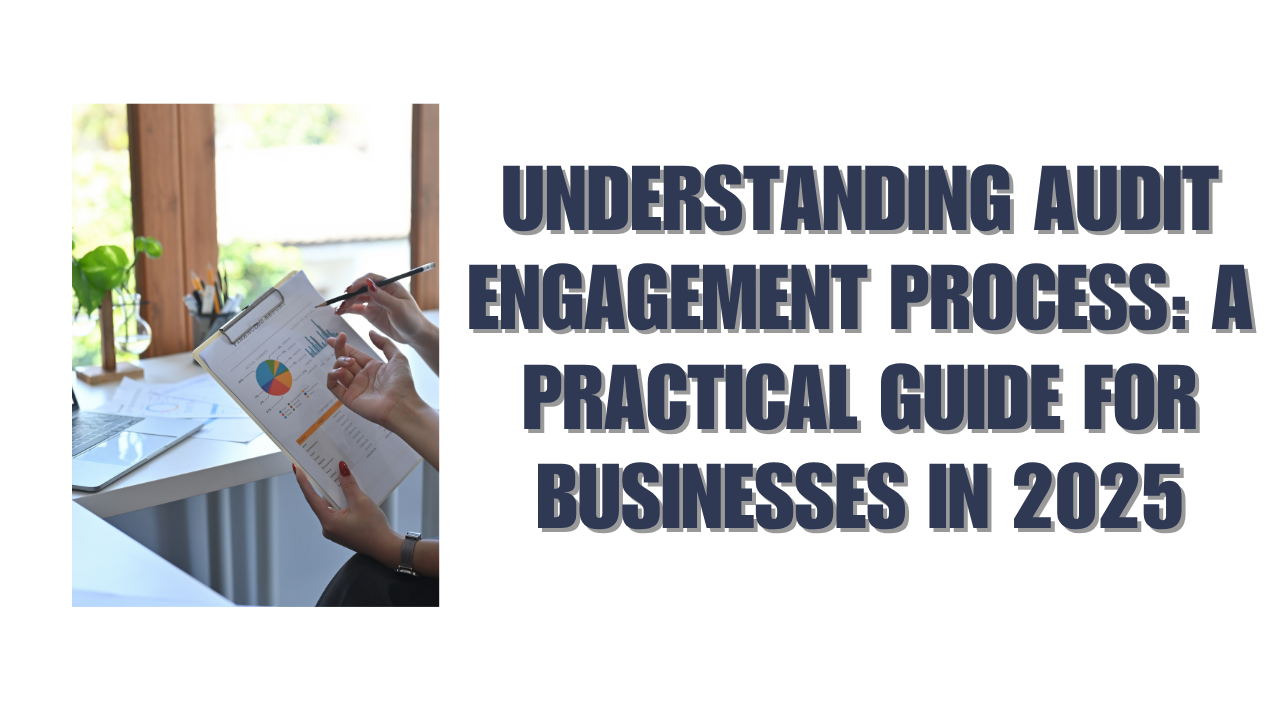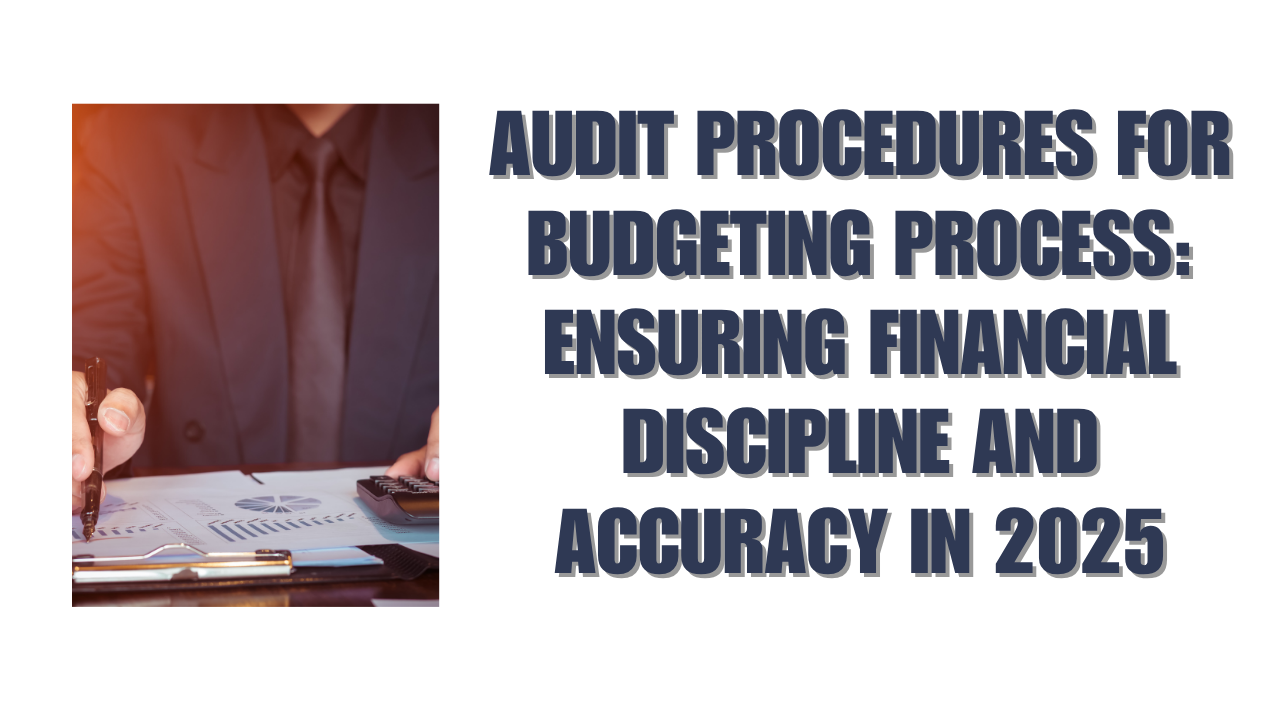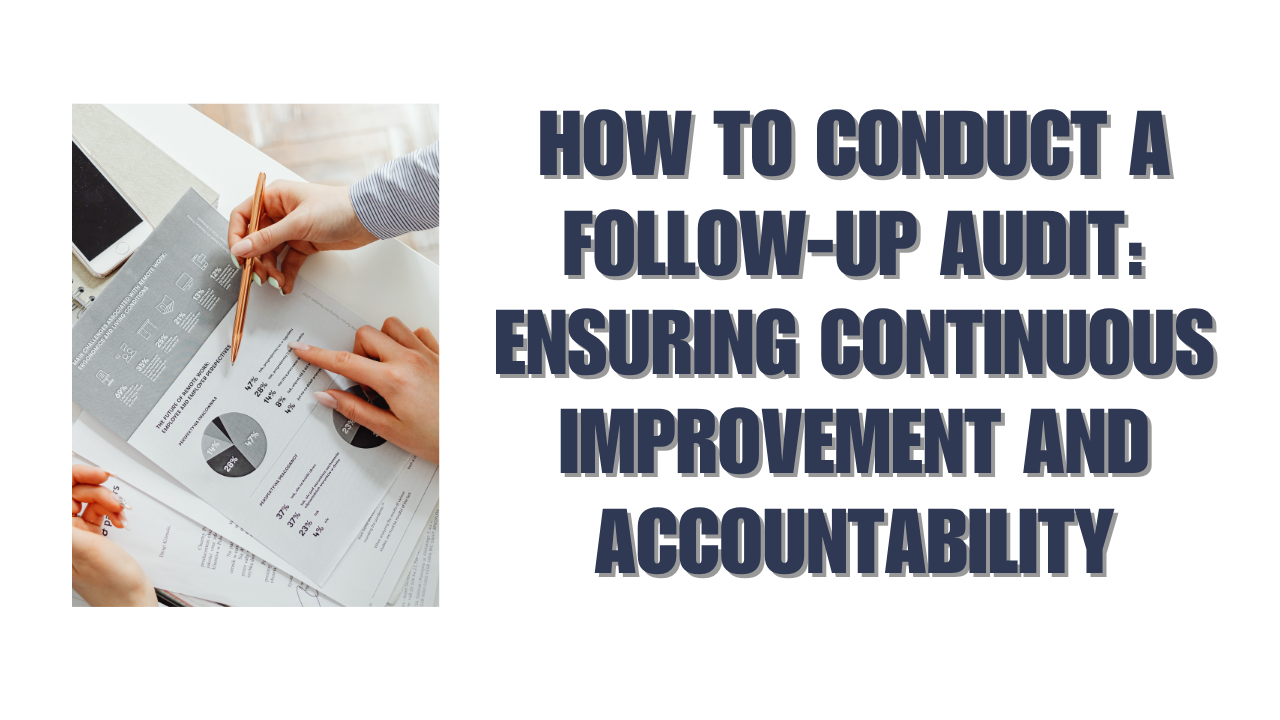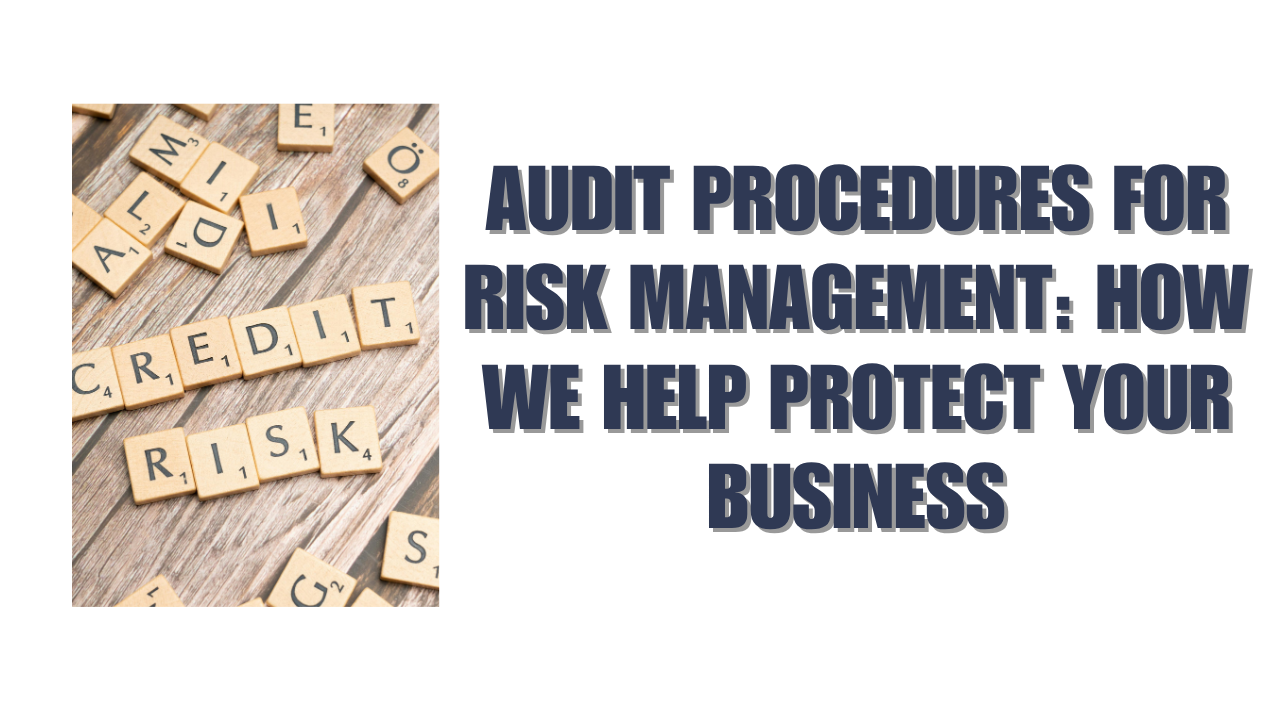Overview
Introduction
Not-for-profit organizations play a crucial role in society by addressing various social, environmental, and cultural issues. These organizations rely on the support of donors and stakeholders to fulfill their missions and make a positive impact. However, with the increasing scrutiny on the not-for-profit sector, it has become essential for these organizations to demonstrate financial transparency and accountability. This is where not-for-profit audits come into play.
Not-for-profit audits are a critical tool for ensuring that organizations are operating in compliance with legal and regulatory requirements, as well as industry best practices. These audits provide an independent assessment of an organization’s financial statements, internal controls, and overall financial health.
By conducting regular audits, not-for-profit organizations can instill confidence in their stakeholders and donors, demonstrating that they are responsible stewards of the resources entrusted to them.
Compliance vs. Growth: Understanding the Difference
Compliance and growth are two essential aspects of not-for-profit organizations. Compliance refers to adhering to legal and regulatory requirements, as well as industry standards and guidelines. It ensures that organizations are operating within the boundaries set by governing bodies and are fulfilling their obligations to stakeholders.
On the other hand, growth refers to the ability of an organization to expand its reach, impact, and sustainability. It involves strategic planning, resource allocation, and innovation to achieve long-term success. While compliance is necessary for maintaining legal and ethical standards, growth is crucial for organizations to thrive and make a significant difference in their communities.
Not-for-profit audits can help organizations strike a balance between compliance and growth. By conducting comprehensive audits, organizations can identify areas where they may be falling short in terms of compliance and take corrective actions. At the same time, audits can also provide insights into areas where organizations can improve their operations, enhance efficiency, and drive growth.
The Benefits of a Comprehensive Not-for-Profit Audit
A comprehensive not-for-profit audit offers several benefits to organizations. Firstly, it provides an independent assessment of an organization’s financial statements, ensuring that they are accurate and reliable. This helps build trust and confidence among stakeholders, including donors, board members, and the public.
Secondly, audits can help organizations identify areas for improvement. By reviewing internal controls, financial processes, and governance practices, auditors can identify weaknesses or inefficiencies that may be hindering an organization’s growth. This allows organizations to make informed decisions and implement changes that will enhance their overall performance.
Furthermore, a comprehensive not-for-profit audit can also help organizations meet legal and regulatory requirements. By ensuring compliance with accounting standards and reporting guidelines, audits help organizations avoid penalties and legal issues that may arise from non-compliance.
Identifying Areas for Improvement: The Role of Auditing
Not-for-profit audits play a crucial role in helping organizations identify areas for improvement. Auditors review an organization’s financial statements, internal controls, and governance practices to assess their effectiveness and efficiency. Through this process, auditors can identify weaknesses or gaps that may be hindering an organization’s growth or impacting its ability to fulfill its mission.
For example, auditors may identify areas where financial controls are weak or where there is a lack of transparency in financial reporting. By highlighting these areas for improvement, auditors enable organizations to take corrective actions and strengthen their financial management practices.
In addition to financial aspects, audits also assess an organization’s governance practices. This includes reviewing the composition and effectiveness of the board of directors, as well as the organization’s policies and procedures. By identifying gaps in governance practices, auditors help organizations enhance their decision-making processes and ensure that they are operating in the best interest of their stakeholders.
The Importance of Financial Transparency in Driving Growth
Financial transparency is crucial for not-for-profit organizations to drive growth and achieve long-term sustainability. Donors and stakeholders want to ensure that their contributions are being used effectively and efficiently. By providing transparent financial information, organizations can build trust and confidence among their supporters, which in turn can lead to increased funding and support.
Not-for-profit audits play a vital role in achieving financial transparency. Auditors review an organization’s financial statements, ensuring that they accurately reflect the organization’s financial position and performance. This helps donors and stakeholders make informed decisions about their support and enables organizations to demonstrate their accountability.
Furthermore, audits also assess an organization’s internal controls and financial management practices. By identifying weaknesses or gaps in these areas, auditors help organizations improve their financial processes, enhance efficiency, and reduce the risk of fraud or mismanagement. This, in turn, contributes to greater financial transparency and accountability.
Leveraging Audit Findings to Improve Organizational Performance
Not-for-profit organizations can leverage audit findings to improve their overall performance. Auditors provide valuable insights into an organization’s operations, highlighting areas where improvements can be made. By using these findings as a roadmap for change, organizations can enhance their efficiency, effectiveness, and impact.
For example, if auditors identify weaknesses in an organization’s financial controls, the organization can implement stronger controls to mitigate the risk of fraud or mismanagement. If auditors identify inefficiencies in resource allocation or program delivery, the organization can make strategic changes to optimize its operations.
It is essential for organizations to view audit findings as opportunities for growth and improvement rather than as criticisms. By embracing these findings and taking action, organizations can continuously enhance their performance and achieve their mission more effectively.
Using Audits to Strengthen Governance and Risk Management
Not-for-profit audits are not limited to financial aspects; they also assess an organization’s governance practices and risk management processes. Auditors review the composition and effectiveness of the board of directors, as well as the organization’s policies and procedures.
By conducting these assessments, auditors help organizations strengthen their governance practices. This includes ensuring that the board of directors has the necessary skills and expertise to provide effective oversight, as well as reviewing the organization’s policies and procedures to ensure they align with best practices.
Furthermore, audits also assess an organization’s risk management processes. By identifying potential risks and vulnerabilities, auditors help organizations develop strategies to mitigate these risks and ensure the long-term sustainability of the organization.
The Role of Auditing in Enhancing Donor Confidence
Donor confidence is crucial for not-for-profit organizations to thrive and achieve their missions. Donors want to ensure that their contributions are being used effectively and efficiently, and that the organization is accountable for its actions. Not-for-profit audits play a vital role in enhancing donor confidence.
By conducting regular audits, organizations demonstrate their commitment to financial transparency and accountability. Auditors provide an independent assessment of an organization’s financial statements, internal controls, and overall financial health. This helps build trust and confidence among donors, assuring them that their contributions are being used responsibly.
Furthermore, audits also provide an opportunity for organizations to communicate with donors about their financial performance and impact. By sharing audit findings and recommendations, organizations can demonstrate their commitment to continuous improvement and their willingness to address any areas for improvement.
Building a Culture of Continuous Improvement through Auditing
Not-for-profit organizations can use audits to build a culture of continuous improvement. By embracing audit findings as opportunities for growth and development, organizations can enhance their overall performance and achieve their mission more effectively.
It is essential for organizations to view audits as a proactive tool rather than a reactive measure. By conducting regular audits, organizations can identify areas where they may be falling short in terms of compliance or efficiency. By using these findings as a roadmap for change, organizations can continuously enhance their operations and drive growth.
Furthermore, organizations should involve all stakeholders in the audit process. This includes board members, staff, and volunteers. By engaging stakeholders in the audit process, organizations can foster a sense of ownership and accountability, ensuring that everyone is committed to driving continuous improvement.
Collaborating with Auditors to Maximize Organizational Growth
Collaborating with auditors is essential for not-for-profit organizations to maximize their growth potential. Auditors bring a fresh perspective and independent assessment of an organization’s operations, providing valuable insights and recommendations for improvement.
Organizations should view auditors as partners rather than adversaries. By working closely with auditors, organizations can gain a deeper understanding of their strengths and weaknesses, as well as identify opportunities for growth. This collaboration can help organizations develop strategies to enhance their operations, improve efficiency, and drive long-term success.
Furthermore, organizations should involve auditors in strategic planning processes. By incorporating audit findings and recommendations into the strategic planning process, organizations can ensure that they are aligning their goals and objectives with best practices and industry standards.
Embracing Auditing as a Key Driver of Not-for-Profit Success
Not-for-profit audits play a crucial role in ensuring financial transparency, accountability, and overall organizational success. By conducting regular audits, organizations can identify areas for improvement, enhance their operations, and drive growth.
It is essential for organizations to embrace auditing as a proactive tool for continuous improvement. By viewing audit findings as opportunities for growth rather than criticisms, organizations can leverage these insights to enhance their performance and achieve their mission more effectively.
Furthermore, organizations should collaborate closely with auditors to maximize their growth potential. By involving auditors in strategic planning processes and incorporating audit findings into decision-making, organizations can ensure that they are aligning their goals and objectives with best practices and industry standards.
In conclusion, not-for-profit audits are an essential tool for ensuring financial transparency, accountability, and overall organizational success. By conducting regular audits and embracing audit findings as opportunities for growth, not-for-profit organizations can enhance their operations, drive continuous improvement, and achieve their missions more effectively.






